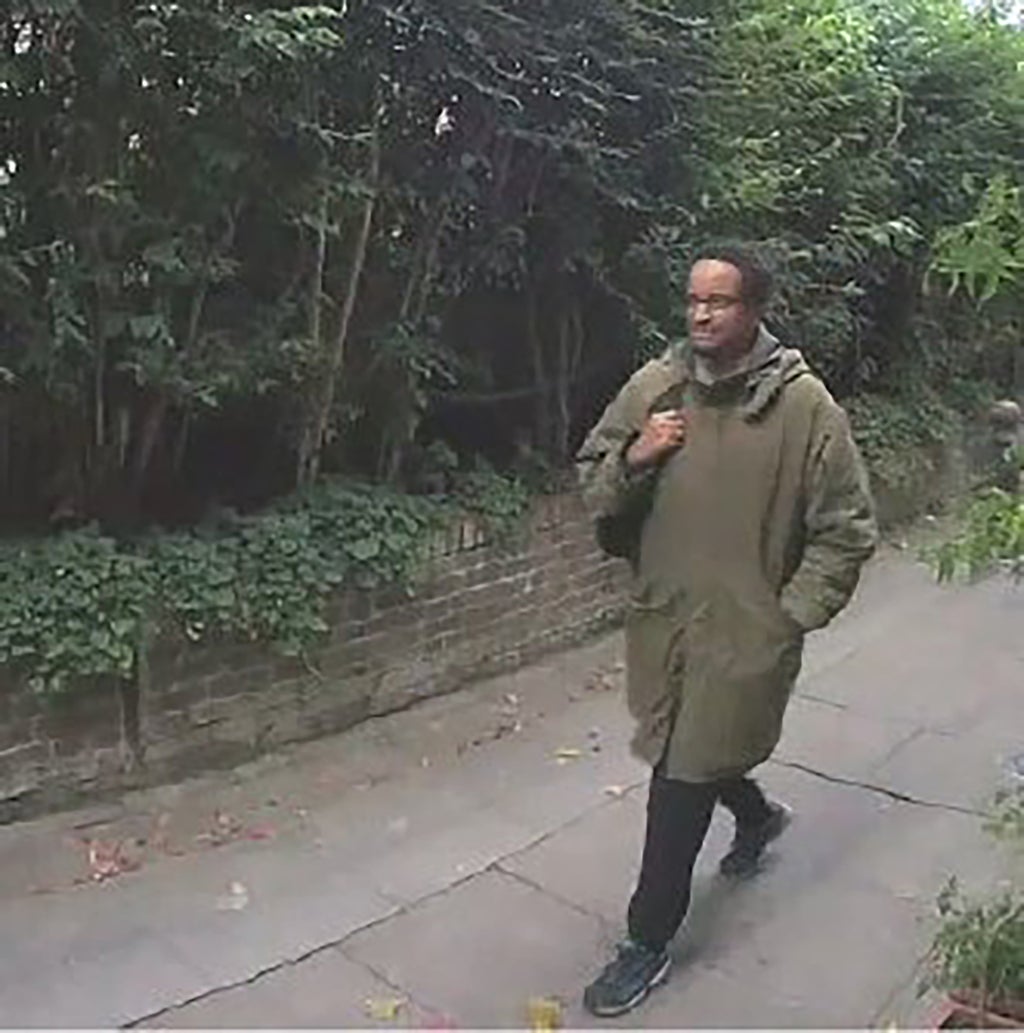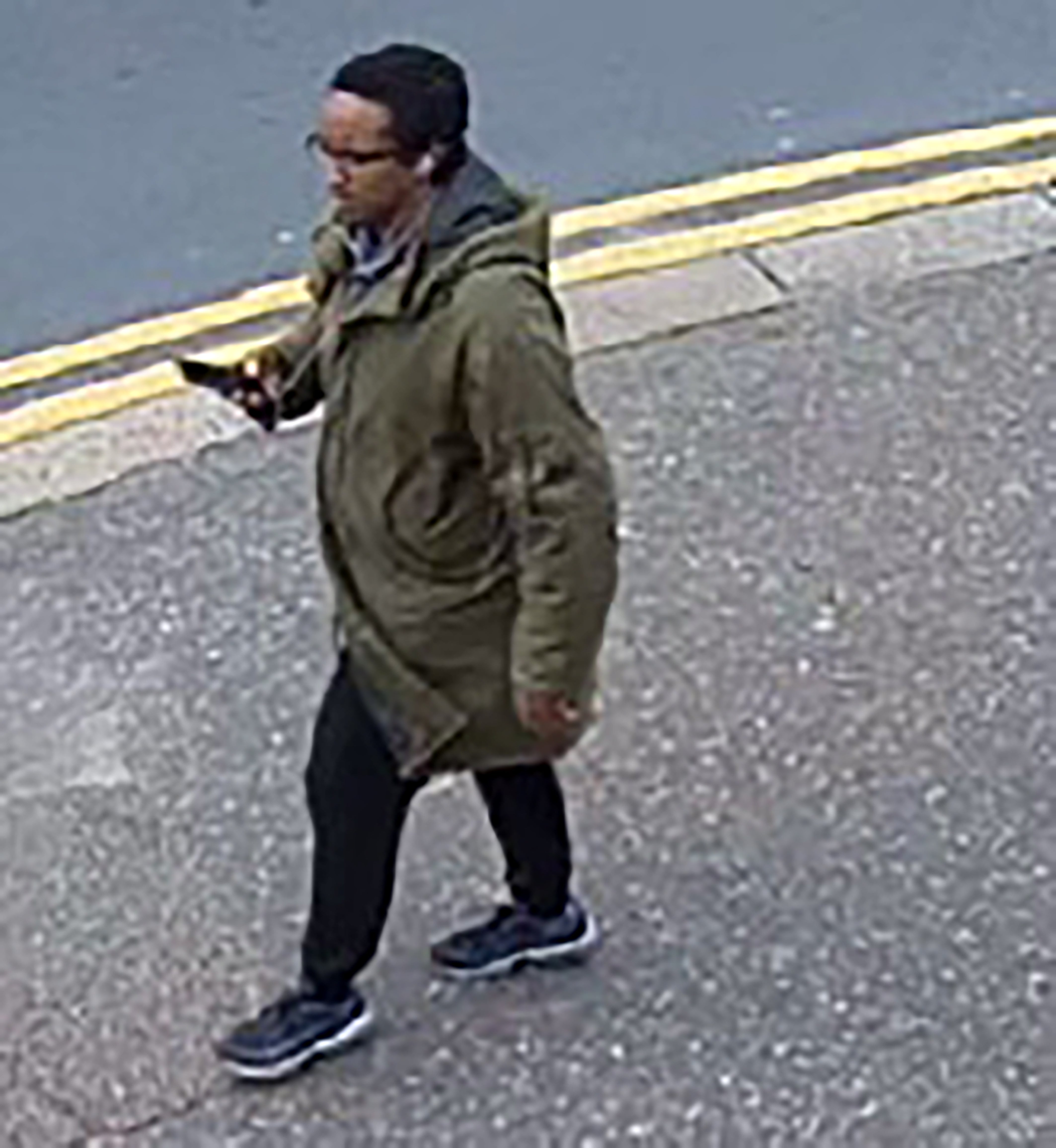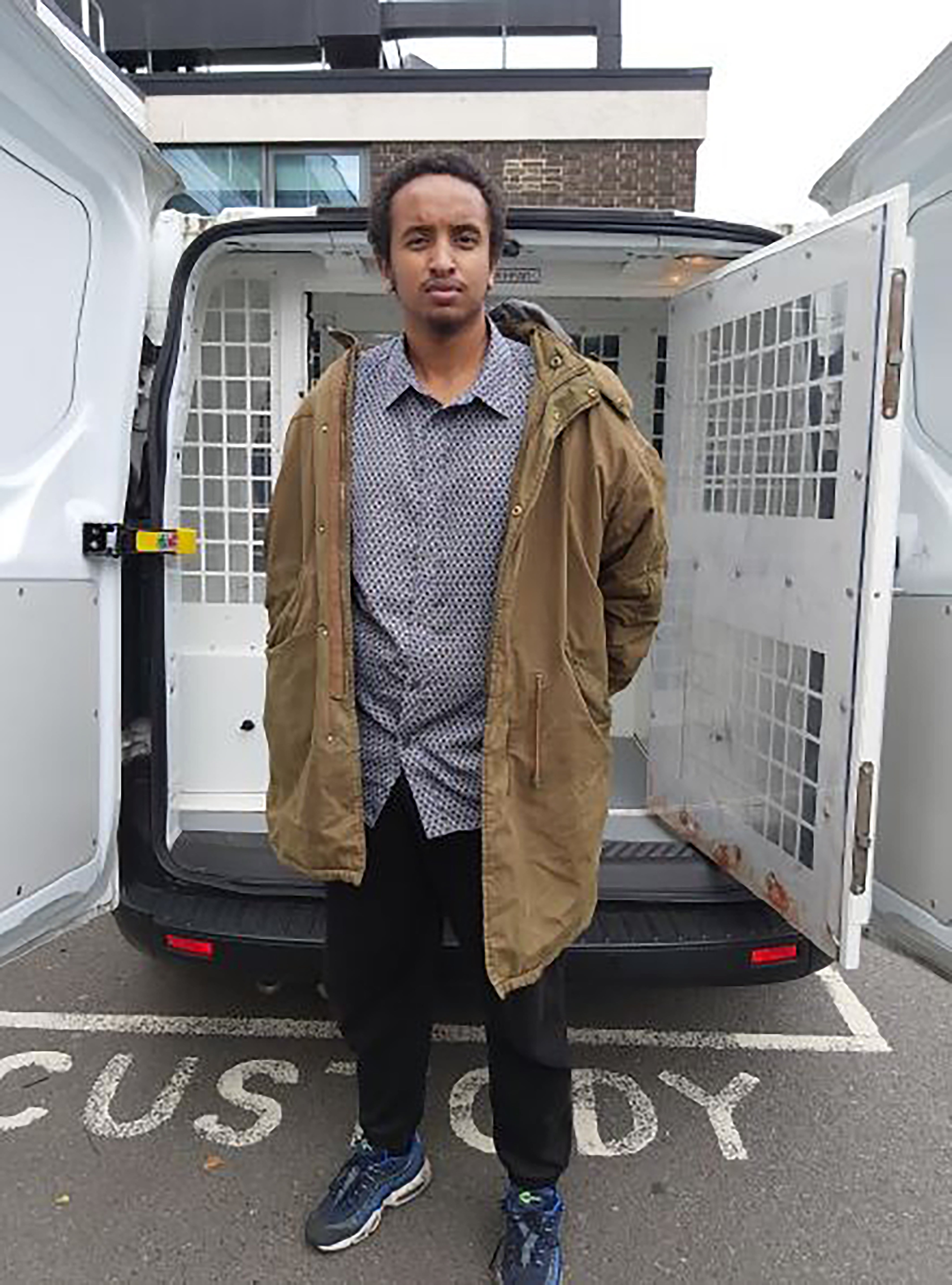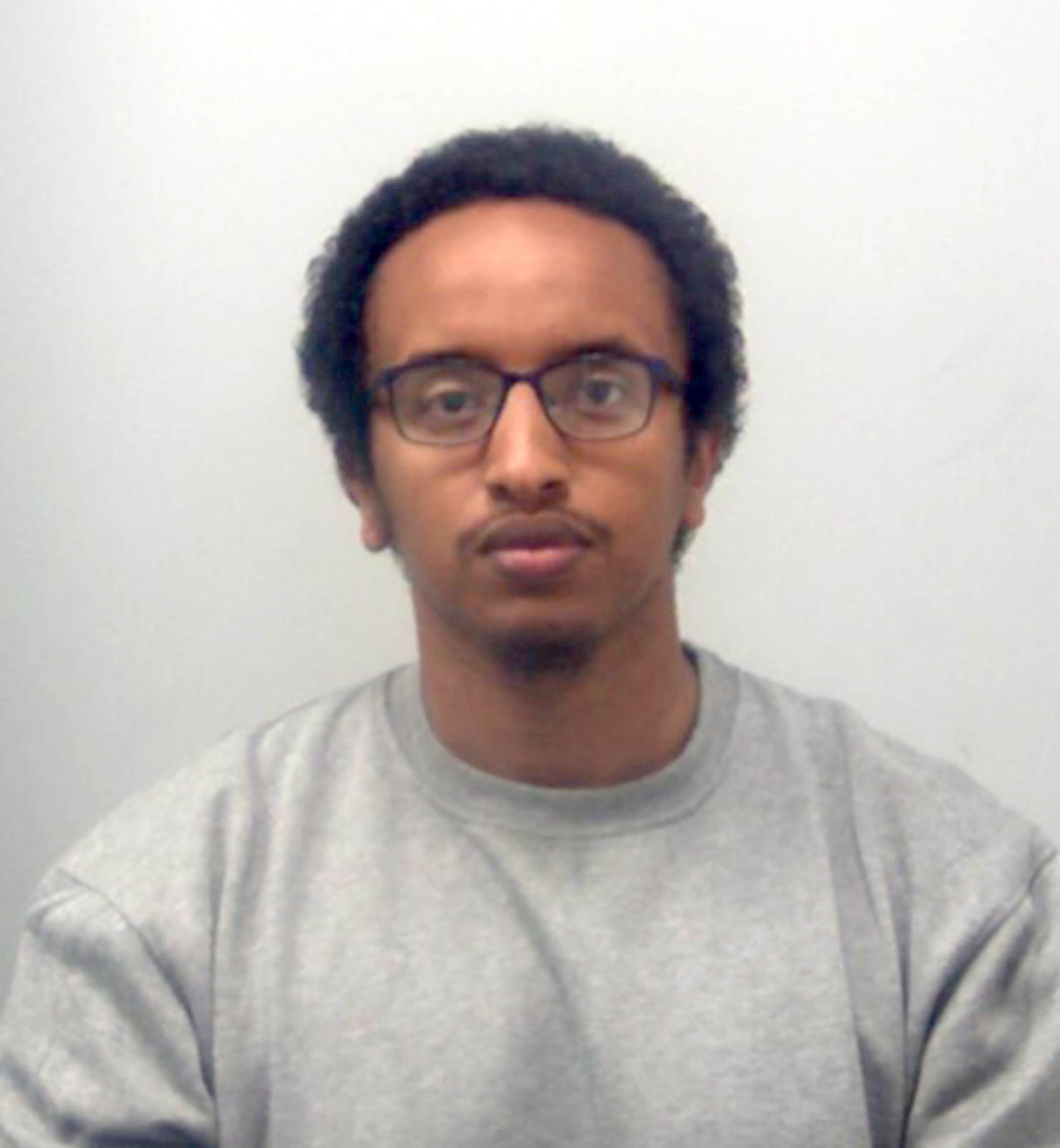
The killer of Sir David Amess was a model student and aspiring doctor before he descended down a spiral of self-radicalisation.
British-born Ali Harbi Ali, 26, grew up in London and was living in Kentish Town at the time of the MP’s murder.
As a student, he had “excelled academically” during his first five years studying at Riddlesdown school in Croydon, south London, the Old Bailey was told.
Ali stayed on at school, intending eventually to study medicine, but his work and attendance went downhill in the last two years, and he achieved three A-levels with D and E grades.
He enrolled at City University for a degree in radiotherapy but dropped out in September 2016 for “personal reasons”, jurors heard.

Despite having never been in trouble with police before, the court heard how he had been self-radicalised from 2014.
Ali, who came from an influential Somali family, considered travelling to fight in Syria but by 2019 had settled on an attack in Britain.
His plans were disrupted by the coronavirus pandemic in 2020.
The following year, Ali set about researching various MPs as potential targets, carrying out repeated reconnaissance on the Houses of Parliament.

He focused on two particular MPs, visiting Government minister Michael Gove’s west London home and Finchley MP Mike Freer’s constituency office.
Ali switched his attention to Sir David after finding out about his constituency meeting on Twitter.
He went to meet him in Leigh-on-Sea armed with a £20 carving knife he had bought in preparation from Argos some six years before.
According to witnesses, Ali wanted to be shot and killed by armed police after killing Sir David so he could die a “martyr”.
On his arrest, he admitted it was a terrorist attack, saying “I guess yeah, I killed an MP.”

The defendant, who described himself as a “moderate Muslim”, said it was in “revenge” for UK support for air strikes in Syria.
Ali told police he had got instructions on how to carry out a knife attack from watching so-called Islamic State videos.
He showed no remorse for the killing, saying it was “justified”, but expressed concern for the impact on his family.
Ali said: “Most of the worry today has, sort of, been about my family, how they’re taking it, how they’re affected by it, y’know?
“The only reason I dropped the knife in front of the police officer was ‘cos my sister was on the phone crying her eyes out.”
He said he became radicalised after watching videos of brutality carried out by Bashar al-Assad in Syria.
Prosecutor Tom Little QC described Ali as a “committed, fanatical, radicalised Islamist terrorist”.
He said the defendant committed a “cold and calculated murder” because of a “warped and twisted and violent ideology”.
Ali had denied preparing for terrorist acts and murder, although his legal team declined to cross-examination witnesses and did not contest the basic facts.
Jurors were also told Ali had no mental health issues that would affect the case.
Ali was described by a former neighbour in Croydon as “just a normal lad.”
The resident said: “He seemed like a nice kid. He was just a down-to-earth kid who went to school and came back again.”
However, Ali had not lived in south London for years and his family are thought to have left the area in the wake of the atrocity.







